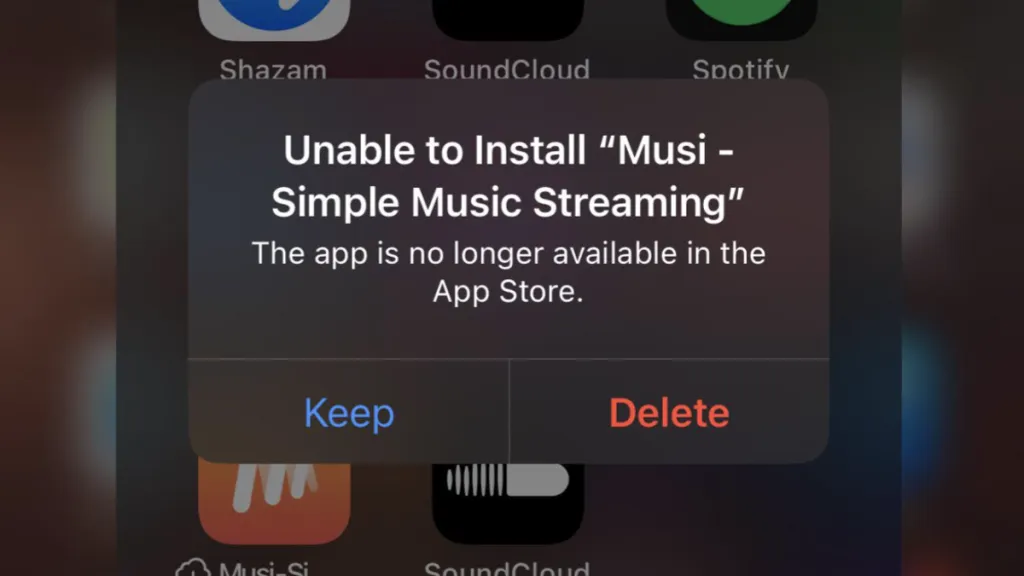
Photo Credit: Flaco2xs / reddit
Apple’s removal of the popular music streaming app Musi from the App Store has sparked a high-profile legal battle. Musi’s creators allege the tech giant engaged in collusion and ‘backroom dealings’ with major labels to force the app offline. Apple has dismissed these claims as ‘unfounded conspiracy theories.’
Musi garnered over 66 million downloads on the App Store before it was removed, serving millions of users across the globe. The app acted as a simple wrapper for YouTube music, playing music videos and enabling features like background play—which is a paid YouTube Music feature. Musi stripped YouTube’s ads and added its own or offered ad-free streaming for a price—in violation of YouTube’s API terms of service.
Following pressure from music industry organizations like the National Music Publishers’ Association (NMPA), Sony Music, and the International Federation of the Phonographic Industry (IFPI) and YouTube itself—Apple removed Musi from the App Store in September 2024.
Musi filed a lawsuit against Apple in the U.S. District Court for the Northern District of California in an attempt to force its way back onto the App Store. Musi claims that Apple’s decision was not merely a response to complaints, but was the result of ‘backroom dealings’ with major labels and YouTube. They allege that the ultimate goal it to eliminate Musi as a competitor. Musi points to internal Apple emails and meetings with music industry executives as evidence of this alleged conspiracy.
Apple has categorically denied those allegations, however. In court filings, the company argues that its developer agreement allows the company unilateral authority to remove an app at any time—with or without cause. Apple says the decision to remove the app came after numerous credible complaints of copyright infringement and violation of YouTube’s terms of service.
Apple even accused Musi of fabricating an email from a Universal Music executive in an earlier attempt to avoid removal, calling Musi’s accusations “baseless conspiracy theory.” Now Apple is seeking sanctions against the app’s creators for attempting to mislead the court. The court has denied Musi’s request for a preliminary injunction to force Apple to restore the app—finding no evidence that Apple acted in bad faith for the removal.
For now, Musi remains unavailable on the App Store. Meanwhile, hundreds of users who previously used the app flood the Musi subreddit seeking alternatives and ways to sideload the app on to their iPhones.





Recommended Comments
Join the conversation
You can post now and register later. If you have an account, sign in now to post with your account.